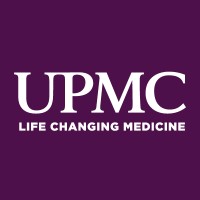FAQs
What is the start date for the Graduate Nurse Rotational Program at UPMC Presbyterian?
The GNRP will begin in August 2024.
What hospital unit will Graduate Nurses be supporting in this program?
Graduate Nurses will be supporting various hospital units as part of the Rotational Program.
Is this a full-time position for Graduate Nurses?
Yes, this position is full-time for Professional Staff Nurses supporting UPMC Presbyterian.
How long will the Graduate Nurse Rotational Program last?
The program will include rotations and training beginning in August 2024.
What is the focus of the Neurosurgery Track at UPMC Presbyterian?
The focus of the Neurosurgery Track is on providing specialized care to patients in need of neurosurgical interventions.

